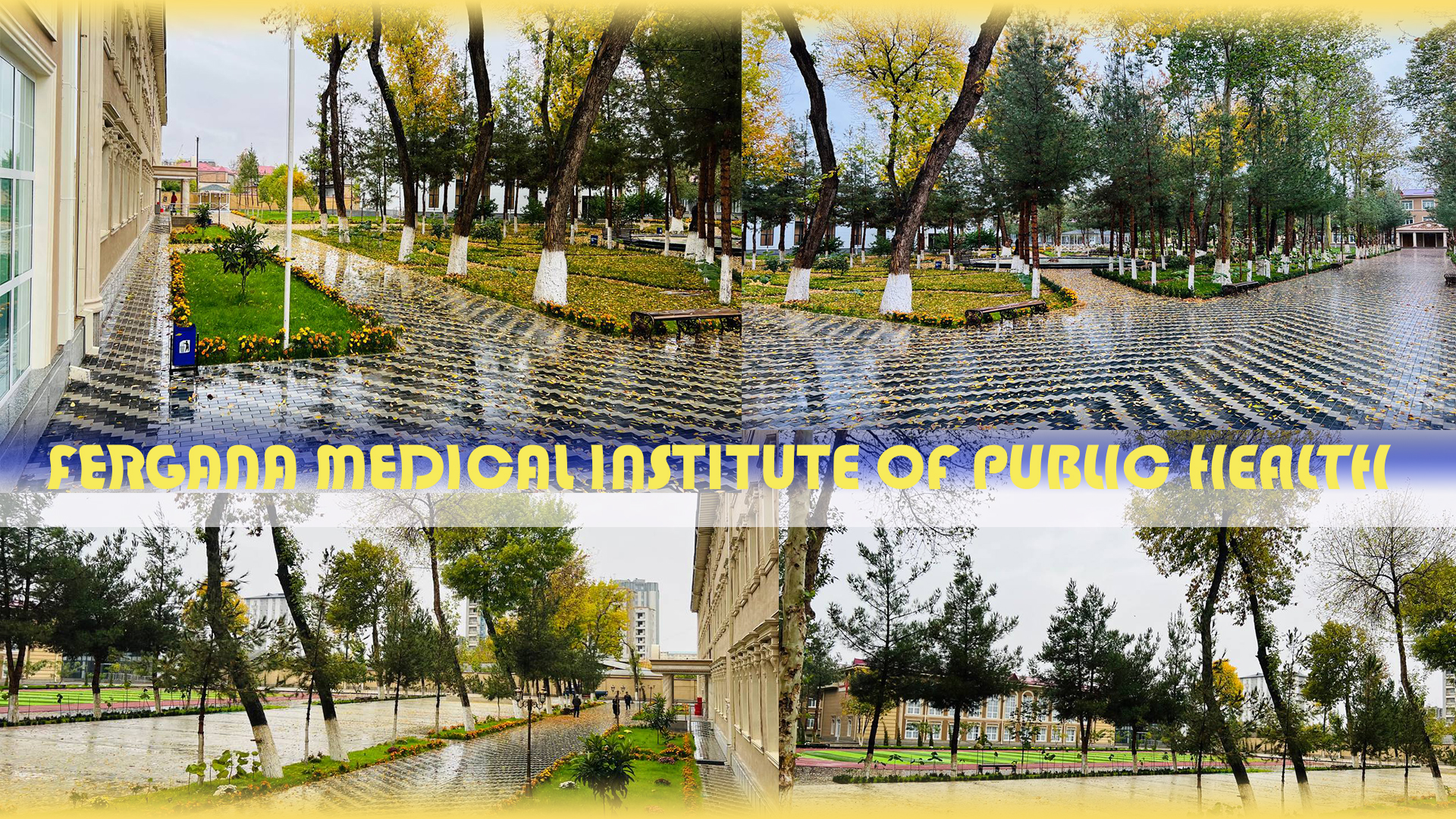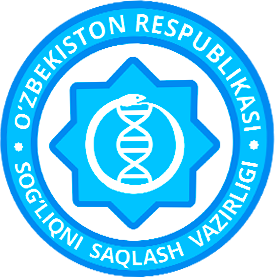Ferghana medical institue of public health Sustainability and Climate Action Plan for 2022-2027 is now finalized and ready for implementation, with ambitious targets and detailed measures to achieve those goals. The five-year plan is the result of a lengthy public process conducted by the Ferghana medical institute of public health Facilities Team and including a wide range of campus stakeholders. In 2021, a survey was conducted to create a baseline of community understanding and concerns regarding sustainability and climate change. Following several public meetings, a group of more than 40 people from various departments on campus and students was formed, and they worked for about a year to develop the five-year plan.
MISSION
By leading and innovating in education, research, health care delivery, and public service, we improve the health and wellness of our varied communities in Ferghana and around the world.
DEFINITION OF SUSTAINABILITY
Ferghana medical institute of public health defines sustainability in an inclusive and holistic way. Sustainability is defined by the Association for the Advancement of Sustainability in Higher Education (AASHE) as "human and ecological health, social justice, stable livelihoods, and a better planet for all generations." Sustainable practices that address Ferghana medical institute of public health influence on environmental, social, and economic challenges are included in this pledge.
VISION FOR SUSTAINABILITY AND CLIMATE ACTION
Through its operations, education, and research, the Ferghana Medical Institute of Public Health promotes well-being for all people in the nation and the world by delivering health care education and research that improves sustainability, mitigates climate change, and saves resources for future generations.
The plan has four areas of focus:
- Transportation
- Buildings and energy
- Grounds and water management
- Materials and resource management
Each emphasis area has a list of specific efforts to help it meet its five-year objectives. On transportation, for example, the Ferghana medical institute o public health plans to cut emissions from the vehicles it uses on campus by half. Additionally, the neighborhood faces a difficulty in reducing emissions from commutes to campus. Because this is a research-intensive campus with a clinical component, the plan calls for continuing to construct an energy-use metering and validation program for specific buildings, as well as increasing energy conservation and recovery in all facilities. The campus will reduce the amount of solid waste it generates by 20% in terms of materials and resource management. Ferghana Medical Institute of Public Health interacts with its partners, a consulting group whose aim is to help higher education and health care organizations mitigate the effects of climate change, to help lead the planning process. Our partners assist us in the creation and execution of energy-saving and greenhouse-gas-reduction climate action strategies.
FERGHANA MEDICAL INSTITUTE OF PUBLIC HEALTH
Yashil Universitet -2025 Green University—2025
Fergana Medical Institute of Public Health Policy on Reducing Inequalities.
Fergana Medical Institute of Public Health Industry Innovation and Infrastructure Strategy
Fergana Medical Institute of Public Health Clean Water and Sanitation Policy.
Fergana Medical Institute of Public Health Climate Change Policy.
Fergana Medical Institute of Public Health's decent work and economic growth policy.
Fergana Medical Institute of Public Health Gender Equality Policy.
Fergana Medical Institute of Public Health Healthy and Quality Life Policy.
Fergana Medical Institute of Public Health Policy for the Protection of the Seas and Aquatic Spaces.
Fergana Medical Institute of Public Health Policy to terminate poverty.
Fergana Medical Institute of Public Health Quality Education Policy.
Fergana Medical Institute of Public Health, Sustainable Development Goals of the United Nations.
Fergana Medical Institute of Public Health, Sustainable Development Goals of the United Nations.
Fergana Medical Institute of Public Health Sustainable Production and Consumption Policy.
Fergana Medical Institute of Public Health Terminating Hunger Policy.
Fergana Medical Institute of Public Health Terrestrial Life Policy.


 Русский
Русский English
English.png)










